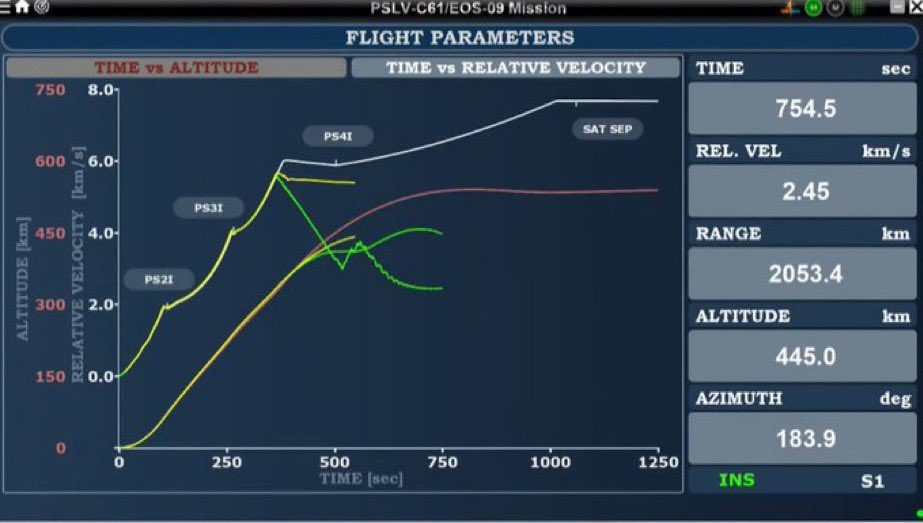There were yet more launch contract “wins” for SpaceX as it secured two launch orders for the US Air Force, the Deep Space Climate Observatory (DSCOVR) in 2014 and the Space Test Program-2 (STP-2) in 2015, under a US Air Force Orbital/Suborbital Program-3 (OSP-3) contract. The contracts are the first steps in breaking the ULA (United Launch Alliance) strangle hold on US government launch contracts.
However, such is the congestion in SpaceX’s launch schedule that while the low prices of its Falcon 9 and Falcon Heavy makes it first choice for many satellite operators, including the US Air Force, some signed clients are already noting that their booked SpaceX launches may not actually get a slot – especially if there are any surprise delays. They will be noting the recent anomalous launch of the Falcon 9 and its subsequent investigation is already having a knock-on effect on next year’s Falcon launch schedule.
As such, most recently, Asiasat took out a “back up” booking with Sea Launch as it noted that its payloads on Falcon rockets might not make it in time. Of course, before SpaceX finds itself in the unfortunate position of actually turning business away, all this assumes that SpaceX cannot ramp up its productivity and launch rate. That said, it will have to if it is to succeed in the long run.







